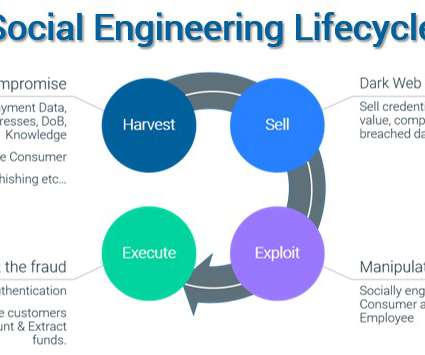Deep Dive: Why New Hacking Technology Has Made Application Fraud More Difficult To Fight
PYMNTS
MARCH 27, 2020
FIs also use knowledge-based authentication (KBA), which involves quizzing applicants on credit history details that only they would know. Credit reports contain a trove of knowledge that can be used for KBA, including average mortgage payments, car license plate numbers and salary information.














Let's personalize your content